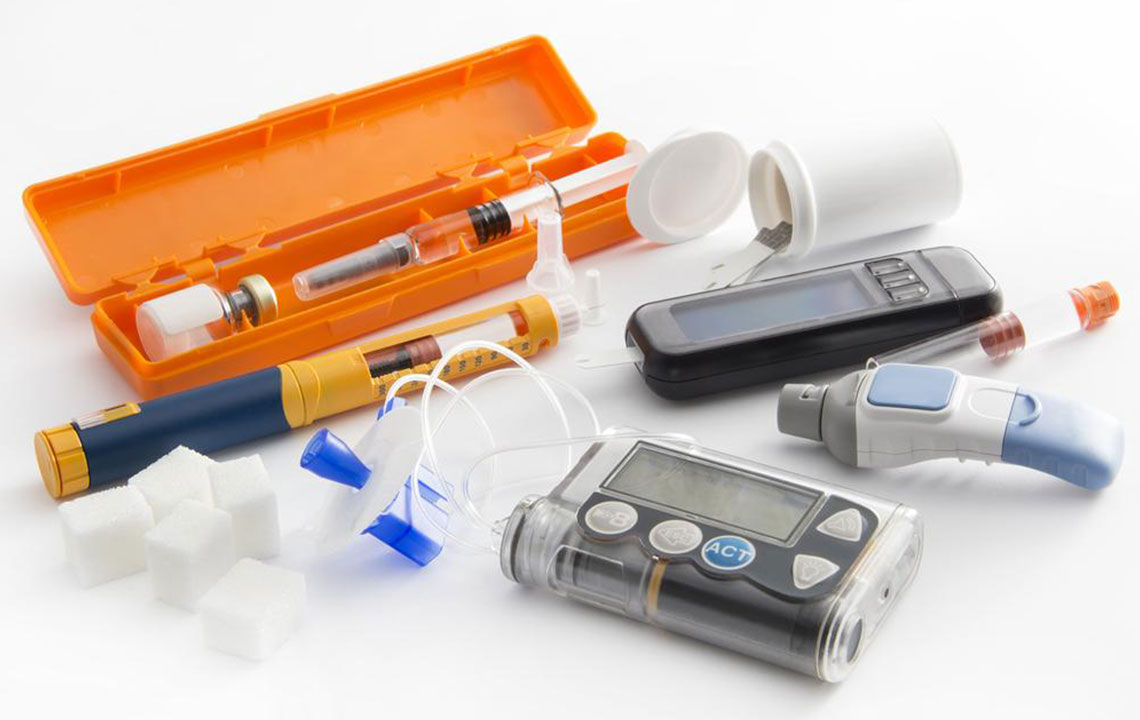Comprehensive Guide to Managing Diabetes Effectively for Better Health
This comprehensive guide offers insights into understanding, diagnosing, and managing diabetes effectively. It covers symptoms, causes, risk factors, and strategies for successful control, emphasizing lifestyle modifications, medication, and regular screening to prevent complications and enhance quality of life.

Understanding the Essential Aspects of Diabetes and How to Manage It
Diabetes mellitus, commonly known simply as diabetes, is a chronic health condition that affects millions of people worldwide. It is characterized by elevated blood sugar levels, a condition medically referred to as hyperglycemia. Blood sugar, or glucose, is a crucial energy source for the body, derived primarily from the foods we consume. Maintaining proper blood glucose levels is essential for overall health, but in individuals with diabetes, this regulation is impaired, leading to a range of health complications if not managed effectively.
Within the human body, the pancreas plays a vital role by producing the hormone insulin. Insulin facilitates the transport of glucose from the bloodstream into the body's cells, where it is used for energy. In people with healthy insulin production, blood sugar levels remain within a normal range. However, in individuals with diabetes, either the pancreas produces insufficient insulin or the body's cells develop resistance to insulin's effects, causing blood glucose to accumulate in the bloodstream.
Persistently high blood sugar levels, if left uncontrolled, can lead to serious health issues including cardiovascular disease, nerve damage, kidney problems, eye complications, and increased risk of infections. While there is currently no definitive cure for diabetes, understanding its symptoms, risk factors, and underlying causes is essential for effective management and improved quality of life.
Recognizing the Signs and Symptoms of Diabetes
Symptoms of diabetes can vary widely depending on the type and severity of the condition. Early stages, especially prediabetes or type 2 diabetes, may be asymptomatic, making regular screening vital for early detection. Conversely, type 1 diabetes often manifests with rapid onset and more severe symptoms.
Common symptoms observed in both types include:
Increased and constant thirst
Frequent urination, especially during the night
Unexplained weight loss despite normal or increased appetite
Persistent fatigue and low energy levels
Blurred or impaired vision
Repeated skin infections or gum infections
Understanding the Underlying Causes of Diabetes
Insulin's primary role is to regulate blood sugar by promoting its entry into your body's cells. When blood sugar levels fall, insulin secretion decreases to prevent hypoglycemia. The causes of diabetes differ based on its type.
Type 1 Diabetes
This form of diabetes is primarily considered an autoimmune condition, though its exact cause remains unclear. It is believed that an abnormal immune response causes the body's immune system to mistakenly attack and destroy insulin-producing beta cells in the pancreas. This destruction results in an absolute deficiency of insulin, which leads to elevated blood glucose levels.
Type 2 Diabetes and Prediabetes
Unlike type 1, type 2 diabetes is mainly characterized by insulin resistance, where the body's cells respond poorly to insulin. Over time, the pancreas attempts to compensate by producing more insulin, but eventually, the production may decline. This imbalance causes blood glucose levels to rise steadily. Prediabetes is a condition where blood sugar levels are elevated but not high enough to qualify for a diabetes diagnosis; it signals an increased risk for developing type 2 diabetes.
Common Risk Factors for Diabetes Development
Risk factors differ between the types but share some common elements. Genetic predisposition, lifestyle choices, and environmental influences all play a role in the development of diabetes.
For type 1 diabetes, genetic susceptibility and exposure to certain viruses or infections may trigger the autoimmune response, though these links are still being studied. Risk factors for type 2 diabetes and prediabetes are more closely related to lifestyle and environmental factors, including:
Being overweight or obese, especially around the abdomen
Physical inactivity or sedentary lifestyle
A family history of diabetes
Advanced age, typically over 45 years
High blood pressure or hypertension
Unhealthy dietary patterns high in processed foods and sugars
History of gestational diabetes or delivering a large baby
Understanding these core aspects of diabetes empowers individuals to take preventive measures, seek early diagnosis, and adhere to treatment plans effectively. Lifestyle modifications such as maintaining a balanced diet, engaging in regular physical activity, monitoring blood sugar levels, and managing stress are critical to managing the condition. Medications, insulin therapy, and continuous medical supervision help many control blood sugar levels and prevent complications.
In conclusion, managing diabetes requires a comprehensive approach that combines medical intervention with lifestyle changes. Early detection through regular screening can significantly reduce the risk of serious health issues. Empowered with knowledge and support, individuals living with diabetes can lead healthy, active lives and reduce the burden of this chronic disease on their overall health and well-being.





